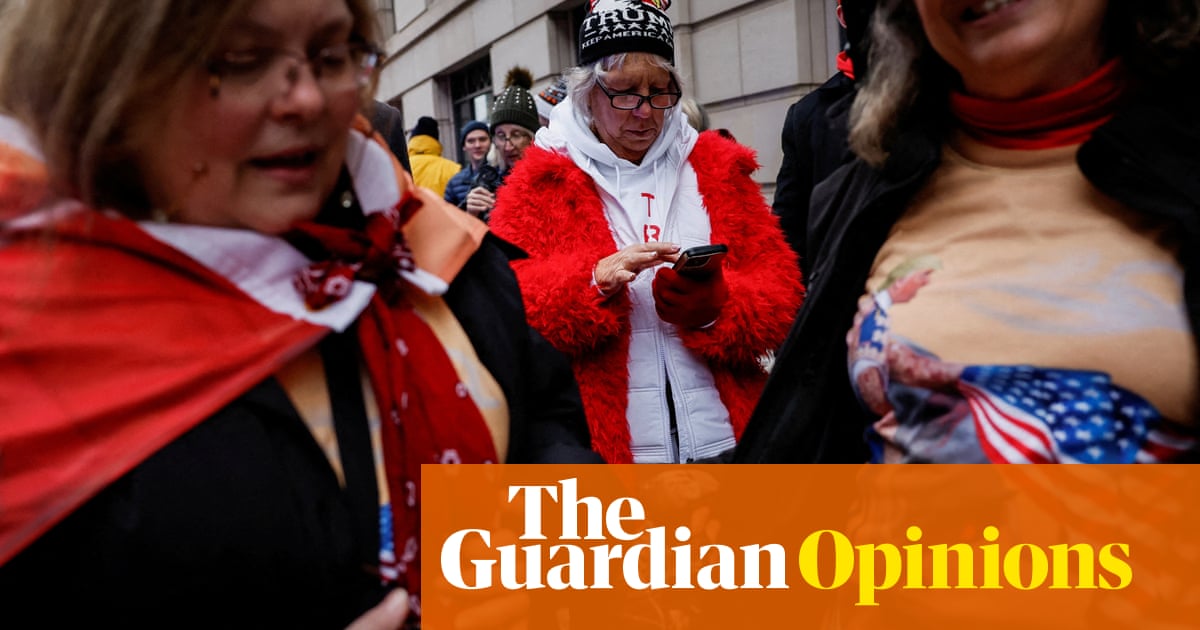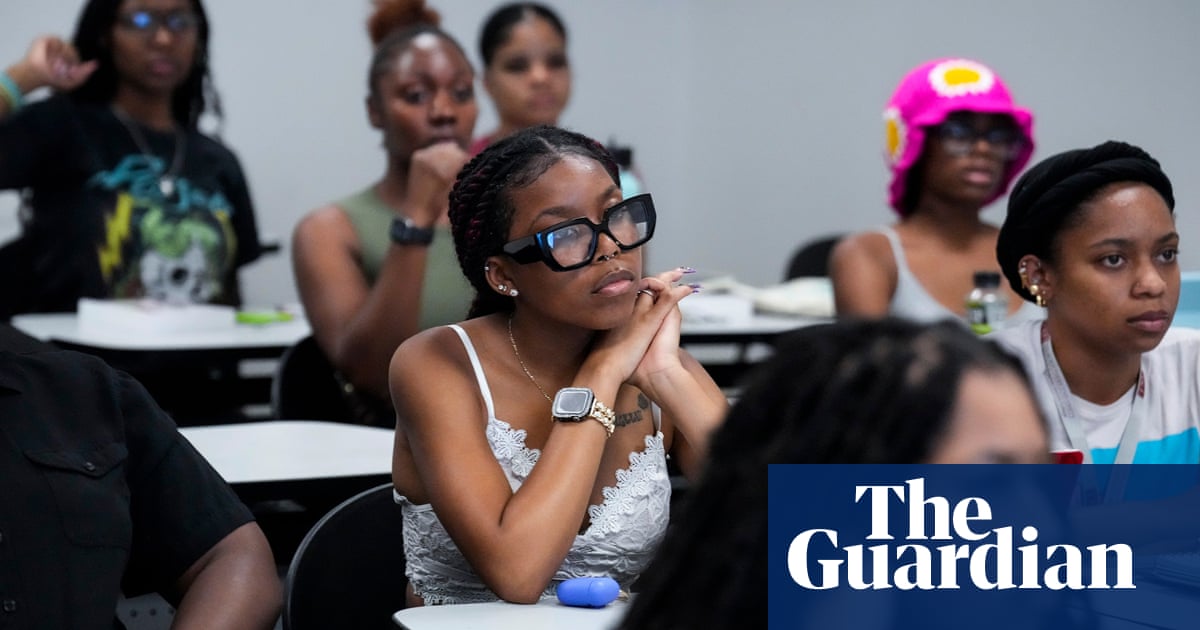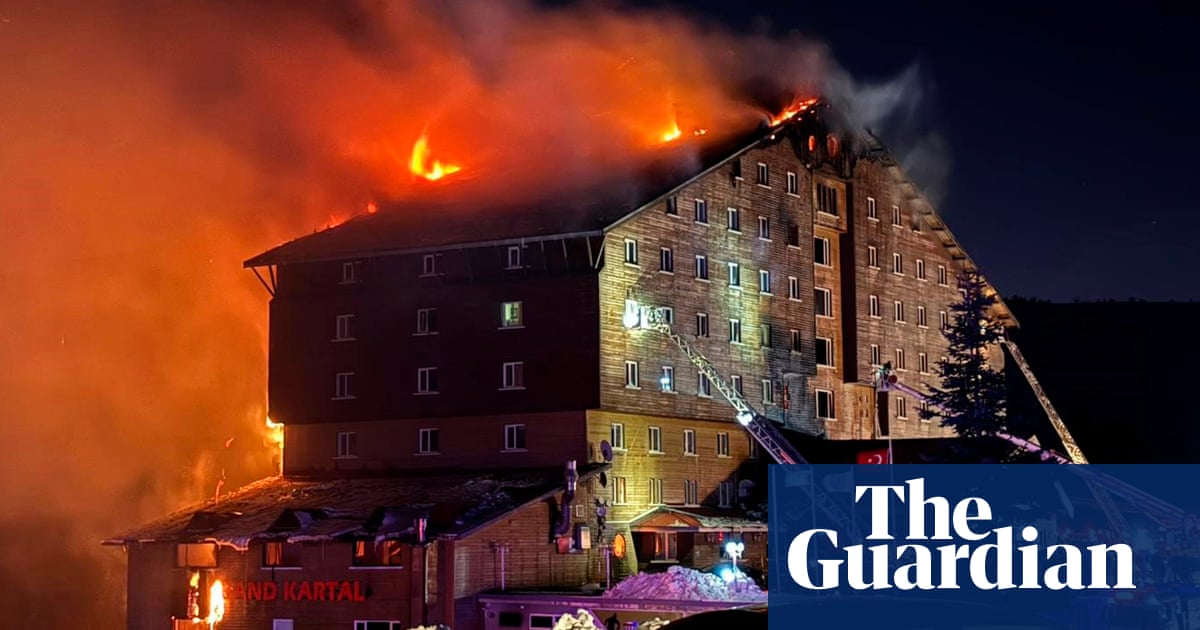“She’s really giving throwback oblivious mean girl, it’s kind of amazing.” “Omg her saying she got her husband involved, she is SO that woman.” I would love to tell you that these comments, written this summer about Blake Lively, the lead actor in domestic violence drama It Ends With Us, were posted on Reddit by some anonymous misogynistic troll.
Lively had made what looked like tone-deaf promotional appearances to push her haircare and drinks line alongside the film. It was revealed that she had had a scene rewritten by her husband, actor/director Ryan Reynolds, and that she took control over the final cut, which also featured a song by her best friend, Taylor Swift. Everything from Lively’s conduct to her predilection for florals seemed like fair game, spawning a vast amount of negative discourse and tanking her reputation. But the comments above were texts written by me, made in my most active group chat.
On Saturday, Lively filed a complaint with the California civil rights department against Justin Baldoni, both the film’s director and her male co-lead, producer Jamey Heath, production company Wayfarer Studios and its public relations/crisis management retinue, alleging that they actively sought to harm her reputation to pre-empt any possibility of her going public with an HR complaint she made during the film’s making.
Alleging the violation of physical boundaries, sexual and inappropriate comments and the absence of intimacy coordination, the court filing is an astonishing read. It claims that Heath showed Lively unsolicited footage of his wife giving birth as they filmed a scene where her character does so; that Baldoni’s “best friend” was drafted in to play the obstetrician-gynaecologist in that scene, in which Lively was “nearly nude” in front of dozens of crew; that Baldoni talked to her about non-consensual sexual encounters; that he wept in her trailer over reactions to paparazzi photos from shooting that called her old and unattractive, prompting her to remind him that in those scenes her character had just been abused by her husband, and that she should look authentically distressed, not “hot”.
In January, prior to resuming filming after the Writers Guild of America strike, a meeting was held in which Lively sought to have 30 new set protections implemented. Wayfarer said: “Although our perspective differs in many aspects, ensuring a safe environment for all is paramount, irrespective of differing views. Regarding your outlined requests, we find most of them not only reasonable but also essential for the benefit of all parties involved.” One of those protections was that Lively should not be subject to retaliatory action for speaking out. Instead, her complaint seeks to illustrate that the parties behind the film allegedly engaged PR and crisis management – including a company that has represented Johnny Depp and is partly funded by music mogul Scooter Braun, who bought the masters to Swift’s first six albums – to destroy Lively’s reputation via media and social media manipulation.
“You know we can bury anyone,” crisis management expert Melissa Nathan wrote to PR executive Jennifer Abel, one of thousands of messages subpoenaed by Lively. (Bryan Freedman, a lawyer for Baldoni, called the accusations “categorically false”, saying a crisis manager was brought in due to “multiple demands and threats” allegedly made by Lively.)
In a subsequent message, Nathan told Abel that Baldoni didn’t realise how lucky he was given the allegations they had heard about his on-set conduct: “the whispering in the ear the sexual connotations like Jesus fucking Christ”.
While the film’s stars were told to keep their promotional activities positive and uplifting – “grab your friends, wear your florals and head out to see it,” Lively said in a promotional video – Baldoni, who most of the cast had unfollowed on social media, as fans had noticed, positioned himself as a feminist ally engaged with domestic violence issues. In response to the social media response “really ramping up” in terms of criticism of Lively, Nathan texted Abel: “It’s actually sad because it just shows you have people really want to hate on women.” A “scenario planning” document by Nathan’s firm, TAG PR, said it could “explore planting stories about the weaponisation of feminism and how people in [Lively’s] circle like Taylor Swift have been accused of utilising these tactics to ‘bully’ into getting what they want.” Baldoni told Heath that he “didn’t love” the document because it didn’t leave him feeling sufficiently protected.
“The weaponisation of the ‘weaponisation of feminism’.” That is how a friend in our group chat put it as we pored over the New York Times report that broke the news of Lively’s allegations and the subsequent release of her entire complaint; as we looked back, horrified, on what we had said about her in recent months (entirely in private, I hasten to add). We realised the degree to which a group of supposedly media-literate journalists were potentially manipulated by a confected misogynistic narrative; how persistent and pernicious internalised misogyny can be when another woman doesn’t meet your standards.
Of course, feminism can be weaponised and leveraged for personal gain. The flourishing of pop-cultural feminism a decade ago paved the way for “girlboss” and lean-in “feminism”, which didn’t fight for much more than a woman’s right to act and earn as rapaciously as men; it’s now considered a joke, with even girlboss creator, Sophia Amoruso, distancing herself from it in … interviews to promote her new venture capital firm. These are nuanced conversations about not allowing a fight for equality, respect and safety to be seized for self-gain. But the idea of the Hollywood and PR machines perverting that concept to discredit a woman apparently intent on ensuring the safety of herself and others – on the chaotic set of a film about ending cycles of domestic abuse – is a level of 4D chess that is terrifying in its imperceptibility, effectiveness and potential prevalence.
There is a chilling disconnect in the way the crisis and publicity parties rejoice in their apparent PR victory – “So much mixed messaging It’s actually really funny if you think about it,” Nathan texted Abel – and the covert warfare they allegedly used to manipulate the tabloid media into parroting their narrative. “This went so well I am fucking dying … We have the four majors standing down on HR complaint,” Nathan told Abel. When MailOnline published a piece in August asking “Is Blake Lively set to be CANCELLED?” Abel texted Nathan: “You really outdid yourself with this piece.” These methods are deadly, acutely attuned to how to form and nurture media and social media sentiment against a woman. As Taylor Lorenz writes in her newsletter User Mag, it takes its cues directly from the Gamergate playbook.
How many women has this happened to? How many smear campaigns have seduced our most base and ungenerous instincts into swallowing their line? How many male directors and actors successfully positioned themselves as feminist allies post-#MeToo for cynical reasons? Beyond celebrity narratives, how has this affected how we perceive the women in our own lives? Culturally, we seem to have progressed – rather, regressed – from ostracising figures who act badly to grasping for politically legible ways to take against anyone whose greatest crime might be “seeming a bit annoying”. Is someone “not a girl’s girl”, as you often hear online, or do they just have different values to you? Does their behaviour just feel confrontational and uncomfortable to you because it might reflect your own insecurities?
Lively’s complaint has left my head spinning. What can you really trust? How do we question accepted narratives without descending into tin-hatted conspiracy theory? Why do so many people hate women this much? How much internalised misogyny roils under my own skin every day? I’d like to reach for a cute ending, to say that through assiduous, informed questioning and acute media literacy, cases like Lively’s might, you know, end with us. But the truth is I don’t think we stand a chance.
-
Laura Snapes is the Guardian’s deputy music editor

 4 weeks ago
19
4 weeks ago
19













































